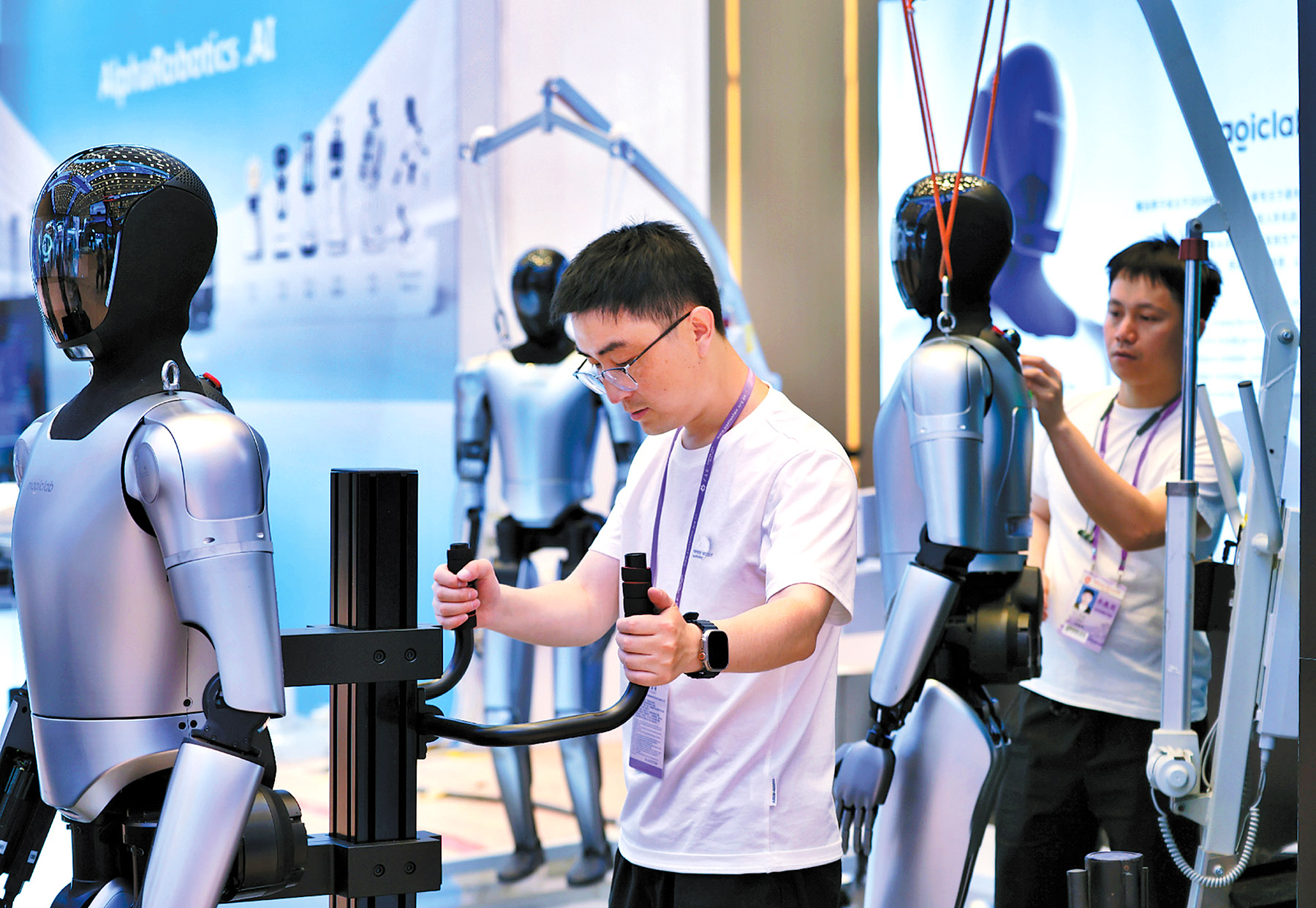Experts call for China, Japan, S. Korea to boost alliance in high-tech sector

As US tariff threats intensify, experts are calling on China, Japan, and South Korea to strengthen their alliance in cutting-edge technological sectors including artificial intelligence, robotics, and autonomous driving. They stress that strengthening economic and trade ties is essential to counter the rising wave of US protectionism.
Choi Pil-soo, professor of Chinese trade and commerce at Sejong University in Seoul, emphasized that cooperation among the three countries is more crucial than ever amid rising protectionist pressures from the United States.
He called on them to collaborate on product development and jointly conduct component research, highlighting the need for close cooperation among industry, government, academia, and research institutions to make this possible.
“In particular, there is significant potential for cooperation in emerging industries such as AI-powered smart factories, carbon-reducing renewable energy, industrial and household robotics, and next-generation communication technologies,” Choi said.
He added that what is urgently needed is a new economic cooperation framework — one that reduces non-tariff barriers and fosters technological collaboration to create a more cooperative economic environment.
Hidetoshi Tashiro, chief economist at Japanese consultancy Infinity LLC, emphasized that the three neighbors have the potential to collaborate closely in advanced technology sectors by leveraging their respective strengths to create new drivers of economic growth.
Kumiko Haba, former vice-president of the International Studies Association and a distinguished professor at Josai International University, emphasized that Japan, which has fallen behind in artificial intelligence and information technology, should pursue joint development and progress alongside China and South Korea.
For example, Japan’s leading automaker Toyota has integrated the self-driving technology of the Chinese startup Pony.ai into its Lexus RX model and has been conducting autonomous driving tests in Beijing.
South Korea is also stepping up economic and trade cooperation with China.
According to China’s General Administration of Customs, total trade between China and South Korea reached $328.08 billion in 2024, exceeding the $308.27 billion in trade between China and Japan.
South Korean tech giant Samsung Electronics has built a NAND flash memory chip plant in Xi’an, China’s Shaanxi province. The facility’s output has grown to 250,000 wafers per month, accounting for about 40 percent of Samsung’s total NAND production.
At the 11th China-Japan-ROK Trilateral Foreign Ministers’ Meeting in Tokyo on March 22, Chinese Foreign Minister Wang Yi stated that cooperation among the three countries is one of the most deeply rooted, highly institutionalized, and potentially dynamic cooperative frameworks in East Asia. He said the three-way cooperation has yielded positive results over the past 20 years since its inception.
Through their joint efforts, new progress has been made in cooperation in the six key areas identified at the Ninth China-Japan-ROK Trilateral Summit last year. One of these areas is science and technology cooperation and digital transformation.
Kang Ho-gu, director of the Sino-Korea Economy/Society Institute, said that while opportunities for cooperation among China, Japan, and South Korea are diminishing in mature industries such as electronics and automotive, the three countries can strengthen information exchange, adopt more refined division of labor, and explore long-term collaboration strategies in emerging industries and new markets.
Recognizing that tariff wars harm global welfare, Kang called for fair competition, the development of comparative advantages, and value creation as pathways to global well-being.
Contact the writers at jiangxueqing@chinadaily.com.cn


